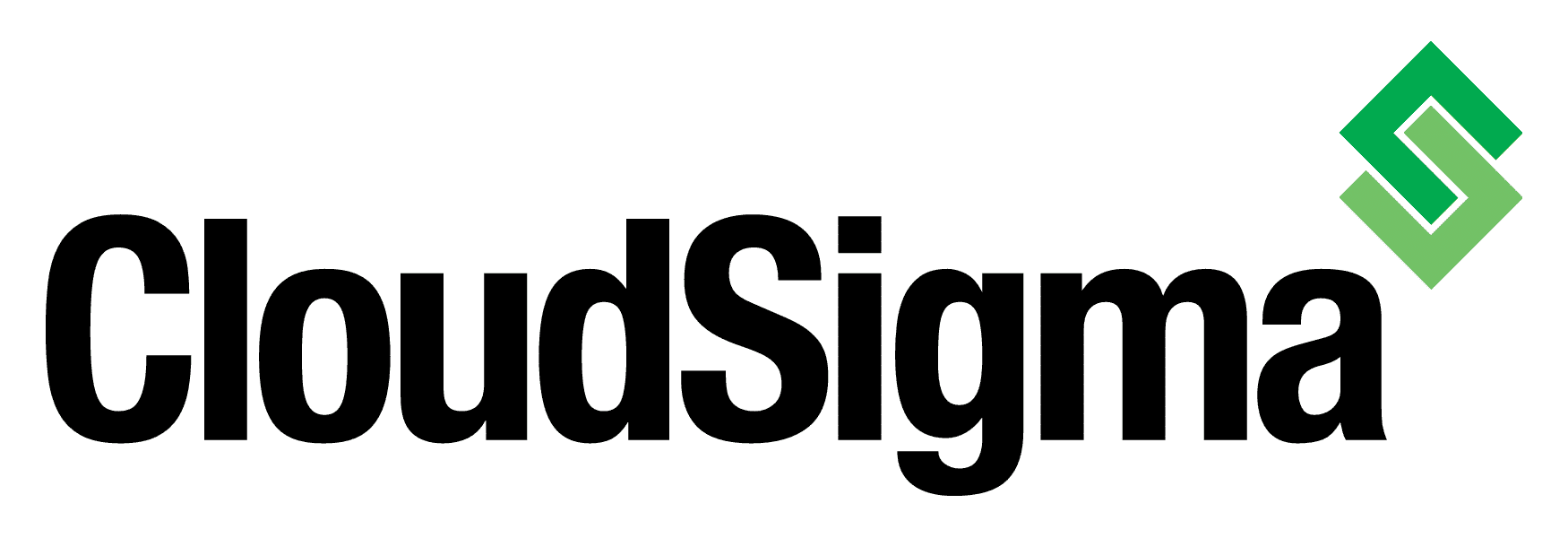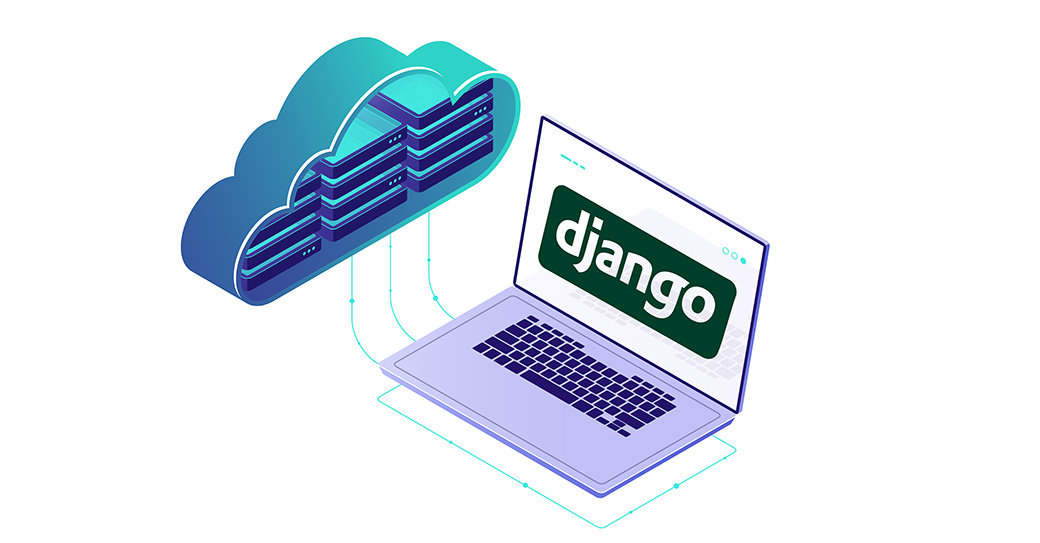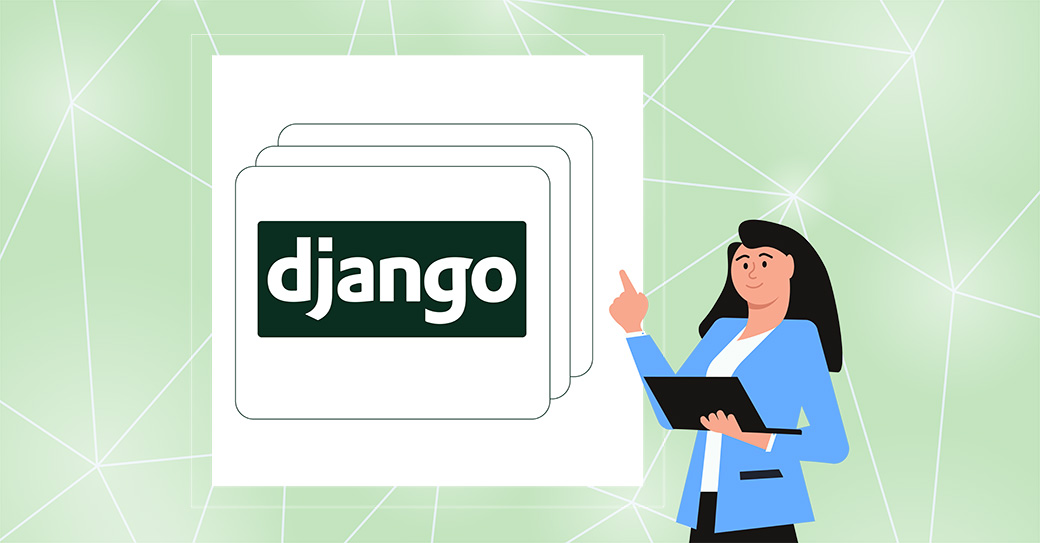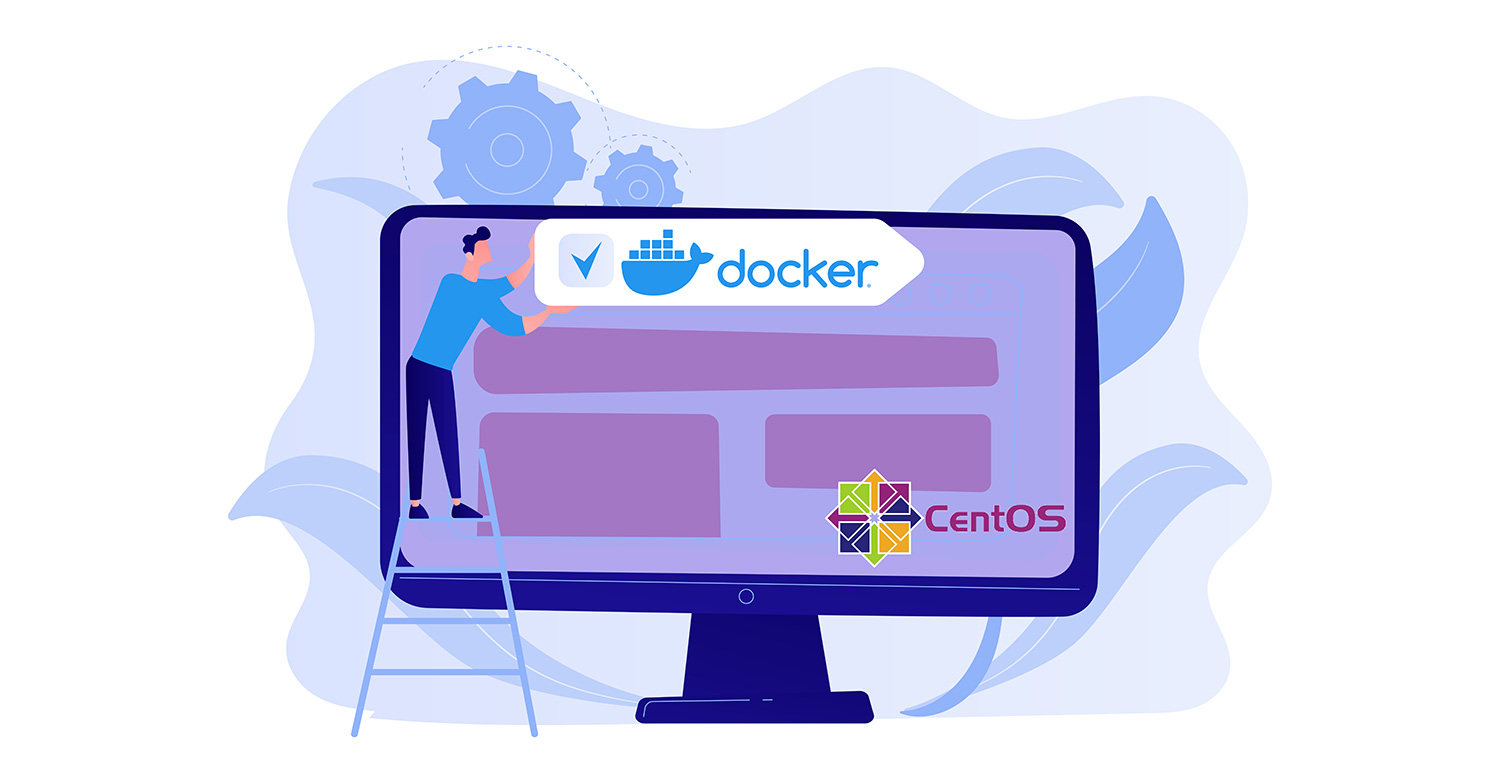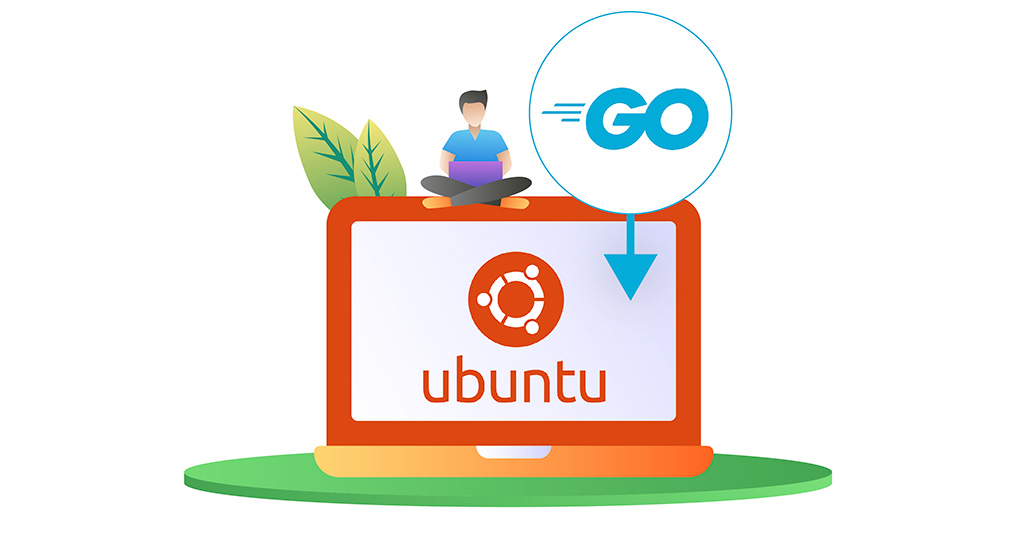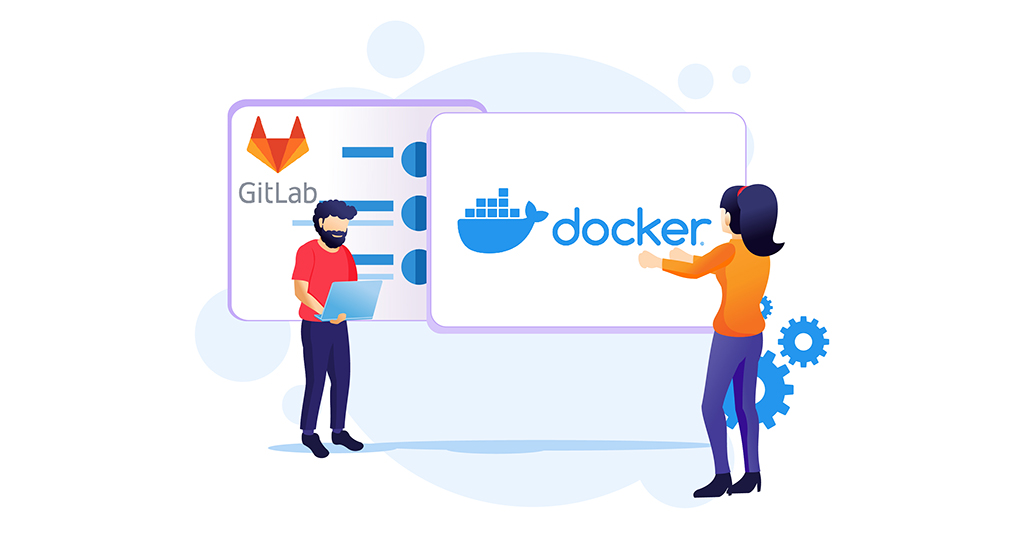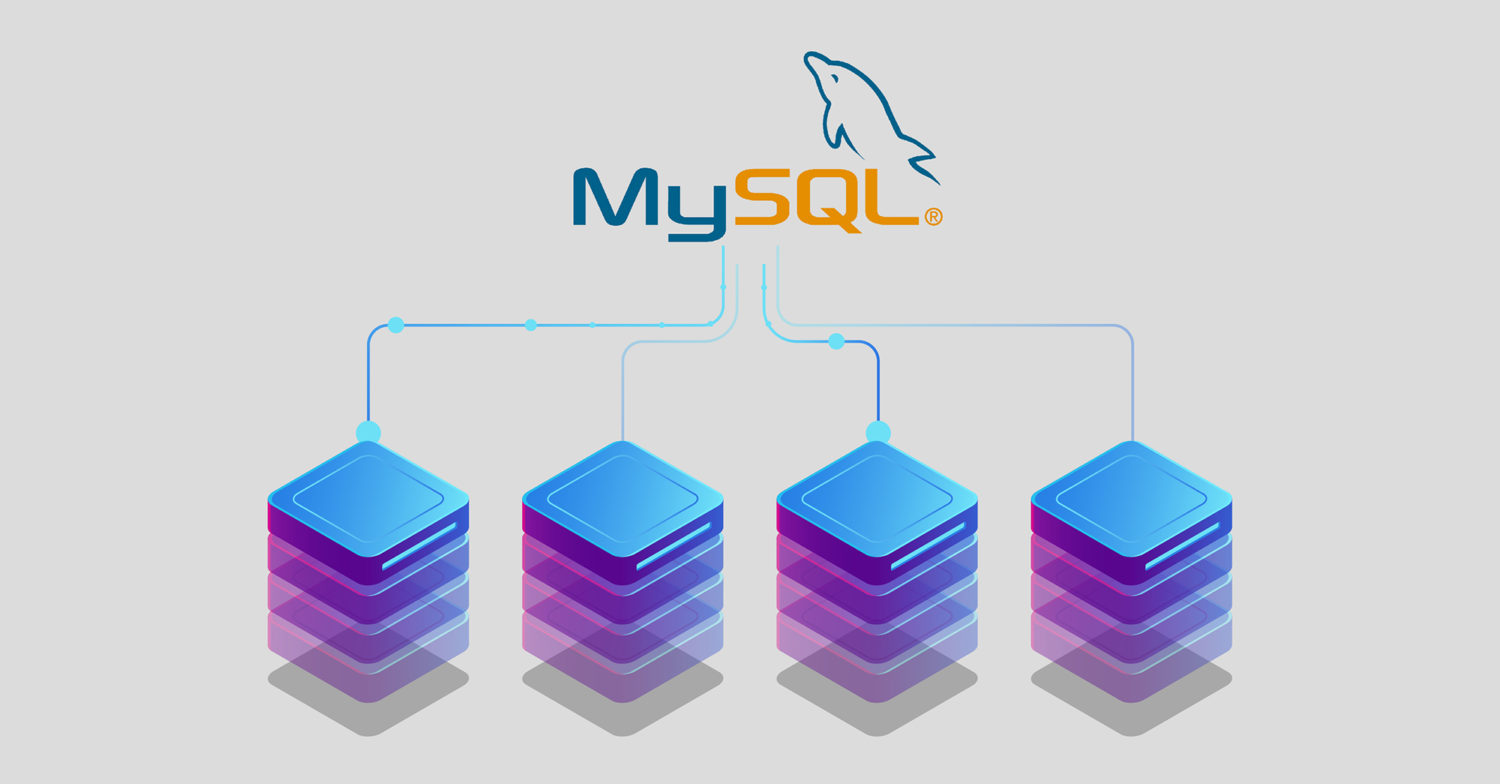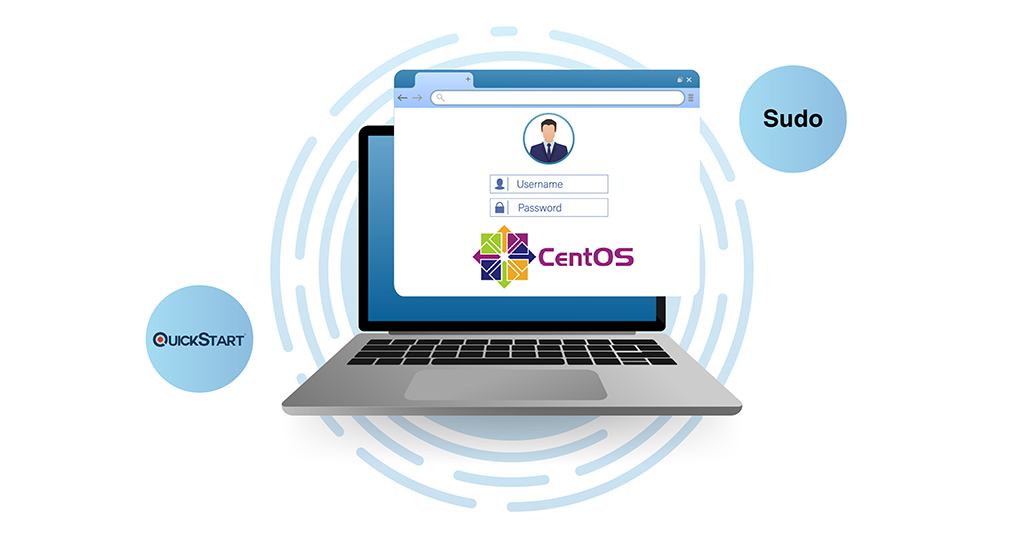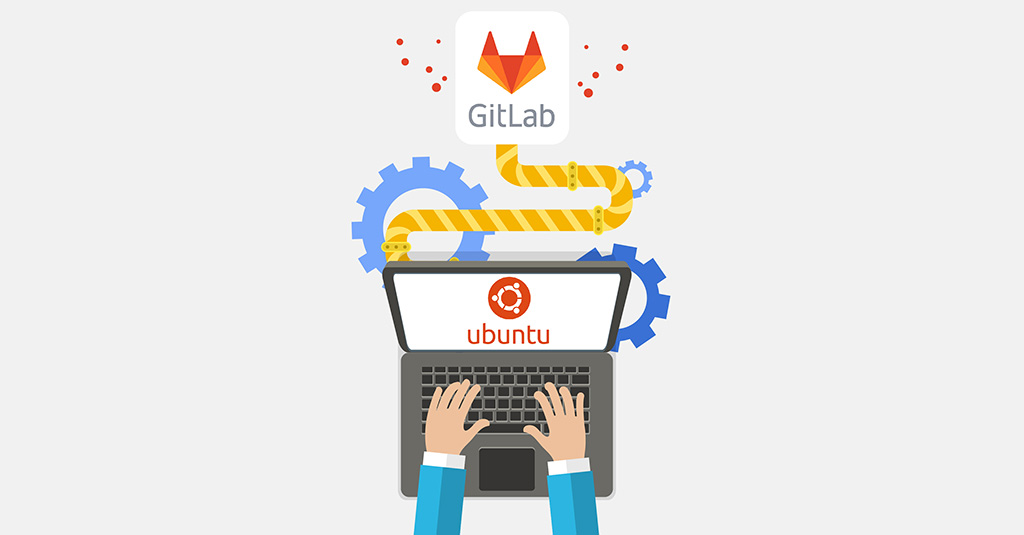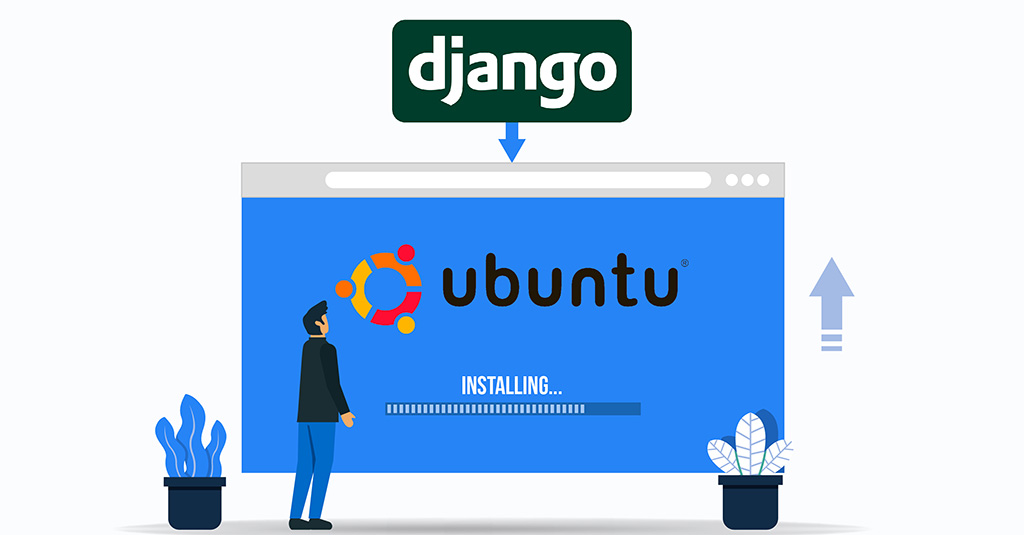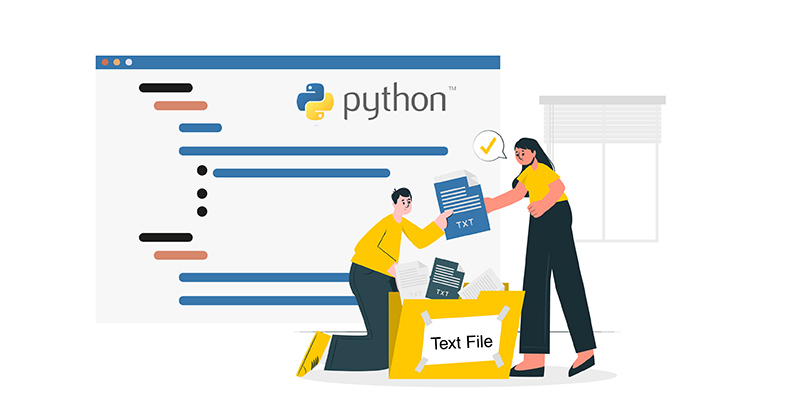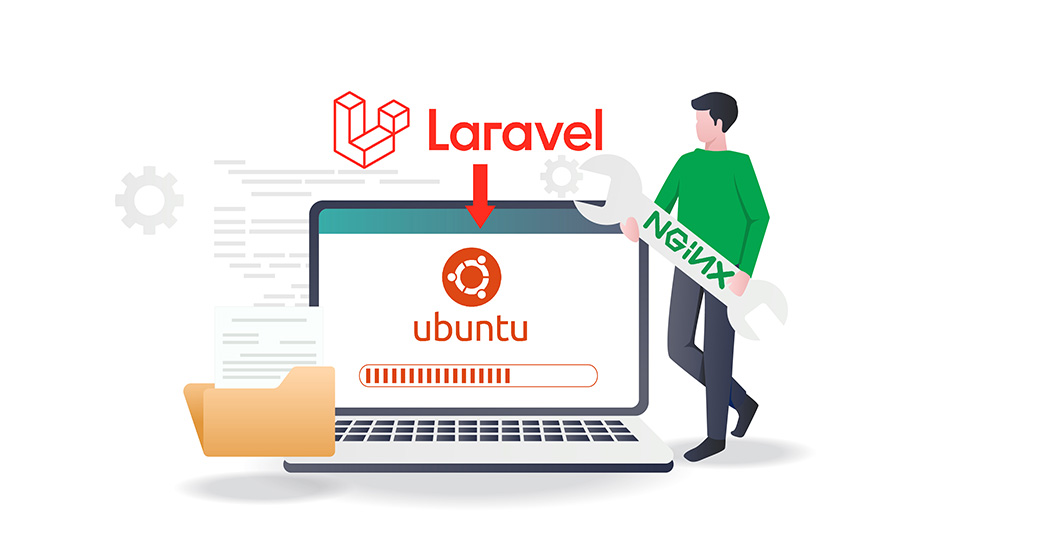Django is a free and open-source web framework built in Python. First published in 2005, Django incorporates the motto of “rapid development and clean, pragmatic design.” The framework, deployed on a web server, can quickly produce a web front-end with rich features, security, and scalability. Any web app relies on databases for its content. Django, being a modern framework, supports …
Creating Django Models: A Tutorial
Django is a well-known web framework for the rapid development of secure and maintainable websites and web apps. Built using Python, Django simplifies web development, allowing more time and focus on writing apps without reinventing the wheel every single time. Django is a free and open-source project with robust official documentation, great community support, and plenty of free and paid-for …
Installing Docker Compose on CentOS 7
Dockerisation has redefined the deployment and automation process in the software industry. Since its inception, the Docker team has continuously strived to make automated deployment seamless. Containerization technology does not just enable rapid application development and efficiency, but also saves time and strenuous efforts. Unbeatable functionalities such as orchestrating, defining, and running multi-container applications together make Docker a favorite pick …
Installing Go on Ubuntu 20.04
Go is an open-source programming language. Originally designed at Google, Go shares syntax similarities with C. However, it includes additional programming features like structural typing, garbage collection, memory safety, and CSP-style concurrency. Most of the time, the Go programming language is referred to as “Golang” because of the official Go domain name. This guide demonstrates installing and configuring the latest …
How to Host a Docker Image Repository and Build Docker Images with GitLab Self-Managed Instance on Ubuntu 20.04
Containerization technology has greatly advanced in the software development tech space as the most accepted method of packaging and deploying applications in cloud environments. This has been necessitated by the need for continuous integration (CI) and continuous deployment (CD) which are defining aspects of DevOps. Software developers and engineers make use of containers to achieve the CI/CD aspect of software …
Setting up Replication in MySQL on Ubuntu
MySQL replication is an interesting feature that allows users to manage multiple copies of one or more MySQL databases. The data is copied automatically from source to replica databases. It can be useful in numerous situations, such as working with the data without compromising the main database, data backup, or scaling the database access, etc. In this guide, we will …
Creating a Sudo-Enabled User on CentOS 8
Introduction If you are working with CentOS 8, you should know what are the critical commands to use with it. One of these is the sudo command. This command is very useful for creating new users. With the sudo command, you can grant certain users special administrative privileges. Typically, these privileges are only accessible to the root user. If you …
How To Set Up GitLab Continuous Integration (CI) Pipelines on Ubuntu 20.04
Every developer understands how crucial version control is to the software development lifecycle. It enables multiple people to work simultaneously on a single project, each person maintaining their own copy of the code and choosing when to share it with the rest of the team. To achieve this, developers make use of Git repositories to help with version control. GitLab …
Installing the Django Web Framework on Ubuntu 20.04
Django is a high-level web framework that allows the rapid development of secure and maintainable websites. It’s a free and open-source framework written with Python. Django is also popular for additional features like performance, security, scalability, portability, and maintainability. This guide will demonstrate how to install Django and set up a simple web app on Ubuntu 20.04. Django on Ubuntu …
Configuring a Firewall with UFW on Ubuntu 18.04
A firewall is one of the core components of securing a system. It’s responsible for managing the incoming and outgoing connections over the network. It’s the primary line of defense for your servers and data. This is why it’s paramount to have a well-configured firewall. In this guide, we will walk you through the steps of setting up a firewall …
The txt File Format: Working with Plain Text Files in Python 3
Introduction One of the primary functions of programming languages is to help you deal with data. This includes data writing, reading, storage, as well as transfer. Python is one of the most popular programming languages. If you are planning to use Python, you should have a basic idea of how to use different file types. The simplest of file types …
Installing and Configuring Laravel with Nginx on Ubuntu 20.04
Introduction Laravel is a web application framework that comes with a set of built-in tools and resources to develop modern PHP applications. It’s well-known for its reliability, performance, efficiency, modularity, and security. Because of its various built-in features, Laravel has seen incredible growth in its popularity. Many developers are adopting Laravel to streamline the web development process. This guide will …
